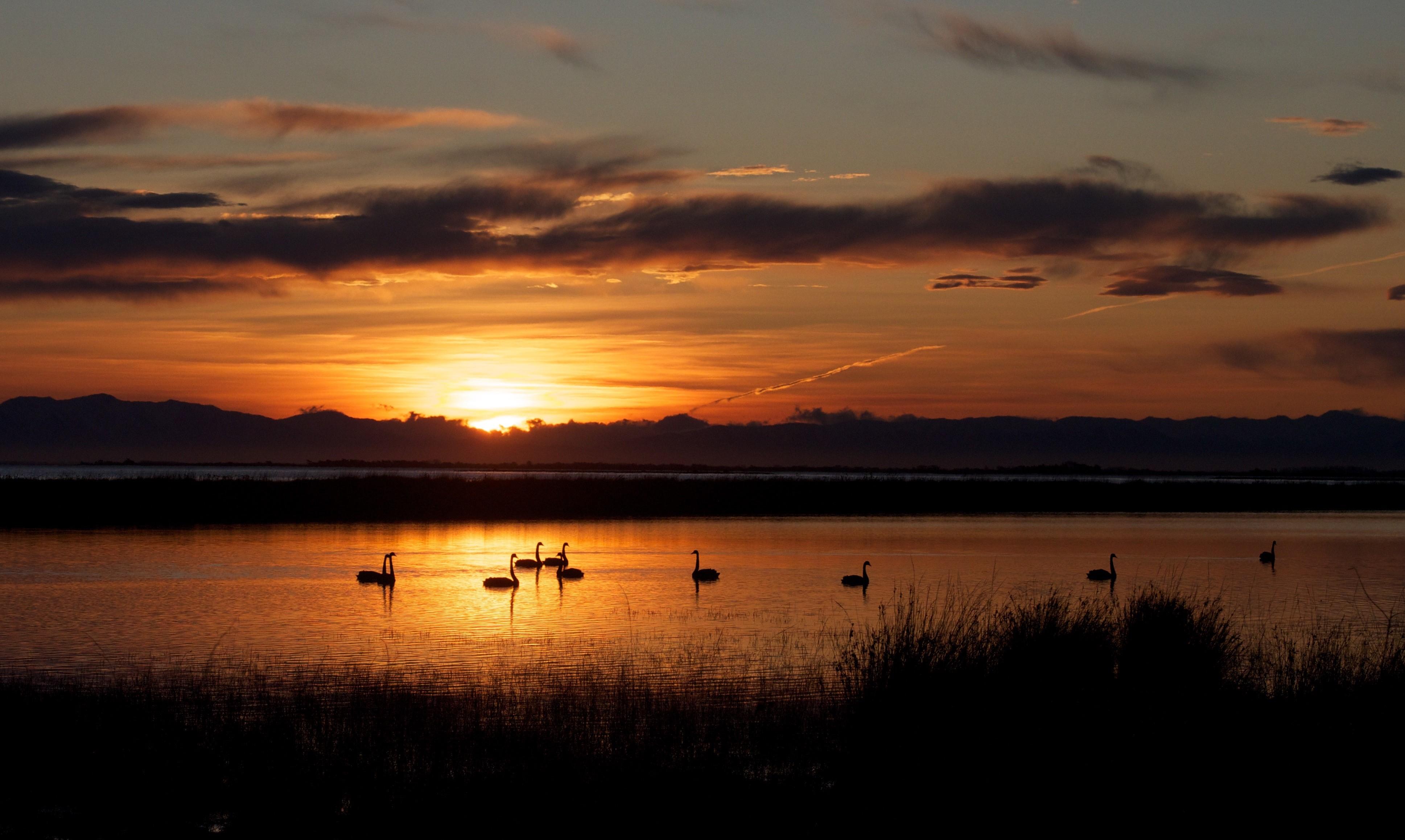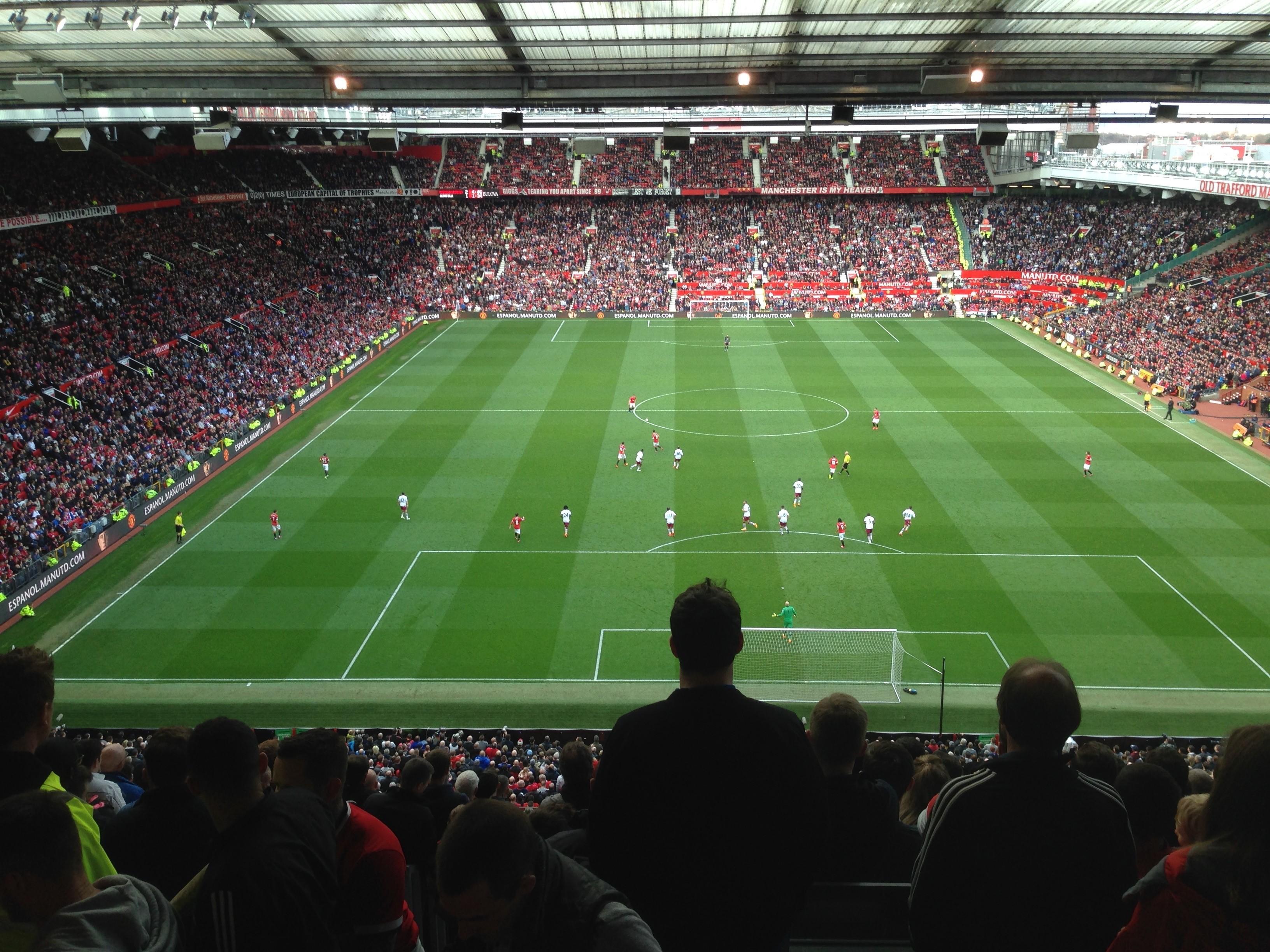Respiratory physician Lutz Beckert considers chronic obstructive pulmonary disease management, including the prevention of COPD, the importance of smoking cessation and pulmonary rehabilitation, and the lifesaving potential of addressing treatable traits. He also discusses the logic of inhaler therapy, moving from single therapy to dual and triple therapy when indicated, as well as other aspects of management
A truly trilling encounter
A truly trilling encounter

Locum GP Martin London finds the bird life around Lake Ellesmere to be a many-splendoured thing, even on the blackest of nights
A delightful din of territorial challenges and mating calls
We have a new trade route. We live in Christchurch and are developing six hectares 35km out of town in Little River.
State Highway 75 skirts around the southern slopes of the old volcanoes that comprise Banks Peninsula and, before diving up the valleys, passes Lake Ellesmere.
Too bad that the lake is one of the most polluted by nutrient run-off, but that has not prevented the multitudinous bird life from continuing to call it home.
Rather wonderfully, as it lies south-west of the road, there is a particular layby from where to watch the setting sun working its wonders with reflections of fire.
If only we didn’t always continue our peasant toil until it’s almost too dark to see hand before face, we would see these sunsets on our way home far more often.
But the lake offers other splendours, and I don’t mean the eels. One evening, as we headed home late and eager for that brew, we noted in the dark a large number of cars parked at the special layby.
“Some bird club,” we muttered, and carried on. Remorse came with the morning papers: “The best place to observe the predicted Aurora Australis was at Lake Ellesmere, etc etc.” Had we but known!
However, light is not indispensible. This new trade route was once an old trade route in the days when I worked in Akaroa. In June of one year, the hospital nurses decided to go out for a mid-winter feast. Would I mind looking after the hospital? Though unspoken, we all knew the unfathomable depth of my debt to them for all the times they had covered or assisted me during those 1:1 on-call years, so they reckoned they were on to a winner.
They won, though in truth, I was very happy to help and agreed to cover until midnight. On relief, I set out back to Christchurch passing the layby at darkest 1am. It was inky black.
For some reason I got out, perhaps I was nodding off and needed a breather. Car lights off, it was still inky black. No other car on the road. No starlight. Inky black. And out of the blackness a cacophony of bird calls. Ducks, geese, swans, herons and God knows what other waders and warblers, teals and terns, coots and collywobbles (now I’m really showing my ornithological ignorance!).
A cacophony. A symphony. A delightful din of territorial challenges and mating calls. (Or perhaps they were saying to each other, “I can’t see nuffin’. Can you?” “No, I can’t see nuffin’, neiver.”)
My ears were flooded while all other senses recorded complete blanks. Until slowly, 10 to 15 minutes on, the sense of cold began to tug at my sleeve and brrr-call overtook bird-call.
Which takes me to another event far away. Manchester. Old Trafford. A day, late in December 2004. Before the game started we were all asked to stand for two minutes’ silence. Sixty thousand people in that stadium paying respect to the recent disaster of the Boxing Day Tsunami. That was 60,000 rowdy fans and complete silence! Stunning! Just standing and breathing.
Until, 10 seconds into it, nearby a cellphone rang. I was appalled; but at least the owner had the decency to ignore it. And over there another ring, a different tone and another and another and all over the stadium unanswered phones, each with their own tune, were calling like birds in the jungle, like ducks and geese on Lake Ellesmere and it was a totally joyous, magical two minutes of un-silence.
I was enraptured. It still holds me. And I can’t even remember the score. Can’t remember whether Man U even won!
- Log in to post comments







![Barbara Fountain, editor of New Zealand Doctor Rata Aotearoa, and Paul Hutchison, GP and senior medical clinician at Tāmaki Health [Image: Simon Maude]](/sites/default/files/styles/thumbnail_cropped_100/public/2025-03/Barbara%20Fountain%2C%20editor%20of%20New%20Zealand%20Doctor%20Rata%20Aotearoa%2C%20and%20Paul%20Hutchison%2C%20GP%20and%20senior%20medical%20clinician%20at%20T%C4%81maki%20Health%20CR%20Simon%20Maude.jpg?itok=-HbQ1EYA)
![Lori Peters, NP and advanced health improvement practitioner at Mahitahi Hauora, and Jasper Nacilla, NP at The Terrace Medical Centre in Wellington [Image: Simon Maude]](/sites/default/files/styles/thumbnail_cropped_100/public/2025-03/2.%20Lori%20Peters%2C%20NP%20and%20advanced%20HIP%20at%20Mahitahi%20Hauora%2C%20and%20Jasper%20Nacilla%2C%20NP%20at%20The%20Terrace%20Medical%20Centre%20in%20Wellington%20CR%20Simon%20Maude.jpg?itok=sUfbsSF1)
![Ministry of Social Development health and disability coordinator Liz Williams, regional health advisors Mary Mojel and Larah Takarangi, and health and disability coordinators Rebecca Staunton and Myint Than Htut [Image: Simon Maude]](/sites/default/files/styles/thumbnail_cropped_100/public/2025-03/3.%20Ministry%20of%20Social%20Development%27s%20Liz%20Williams%2C%20Mary%20Mojel%2C%20Larah%20Takarangi%2C%20Rebecca%20Staunton%20and%20Myint%20Than%20Htut%20CR%20Simon%20Maude.jpg?itok=9ceOujzC)
![Locum GP Helen Fisher, with Te Kuiti Medical Centre NP Bridget Woodney [Image: Simon Maude]](/sites/default/files/styles/thumbnail_cropped_100/public/2025-03/4.%20Locum%20GP%20Helen%20Fisher%2C%20with%20Te%20Kuiti%20Medical%20Centre%20NP%20Bridget%20Woodney%20CR%20Simon%20Maude.jpg?itok=TJeODetm)
![Ruby Faulkner, GPEP2, with David Small, GPEP3 from The Doctors Greenmeadows in Napier [Image: Simon Maude]](/sites/default/files/styles/thumbnail_cropped_100/public/2025-03/5.%20Ruby%20Faulkner%2C%20GPEP2%2C%20with%20David%20Small%2C%20GPEP3%20from%20The%20Doctors%20Greenmeadows%20in%20Napier%20CR%20Simon%20Maude.jpg?itok=B0u4wsIs)
![Rochelle Langton and Libby Thomas, marketing advisors at the Medical Protection Society [Image: Simon Maude]](/sites/default/files/styles/thumbnail_cropped_100/public/2025-03/6.%20Rochelle%20Langton%20and%20Libby%20Thomas%2C%20marketing%20advisors%20at%20the%20Medical%20Protection%20Society%20CR%20Simon%20Maude.jpg?itok=r52_Cf74)
![Specialist GP Lucy Gibberd, medical advisor at MPS, and Zara Bolam, urgent-care specialist at The Nest Health Centre in Inglewood [Image: Simon Maude]](/sites/default/files/styles/thumbnail_cropped_100/public/2025-03/7.%20Specialist%20GP%20Lucy%20Gibberd%2C%20medical%20advisor%20at%20MPS%2C%20and%20Zara%20Bolam%2C%20urgent-care%20specialist%20at%20The%20Nest%20Health%20Centre%20in%20Inglewood%20CR%20Simon%20Maude.jpg?itok=z8eVoBU3)
![Olivia Blackmore and Trudee Sharp, NPs at Gore Health Centre, and Gaylene Hastie, NP at Queenstown Medical Centre [Image: Simon Maude]](/sites/default/files/styles/thumbnail_cropped_100/public/2025-03/8.%20Olivia%20Blackmore%20and%20Trudee%20Sharp%2C%20NPs%20at%20Gore%20Health%20Centre%2C%20and%20Gaylene%20Hastie%2C%20NP%20at%20Queenstown%20Medical%20Centre%20CR%20Simon%20Maude.jpg?itok=Z6u9d0XH)
![Mary Toloa, specialist GP at Porirua and Union Community Health Service in Wellington, Mara Coler, clinical pharmacist at Tū Ora Compass Health, and Bhavna Mistry, specialist GP at Porirua and Union Community Health Service [Image: Simon Maude]](/sites/default/files/styles/thumbnail_cropped_100/public/2025-03/9.%20Mary%20Toloa%2C%20Porirua%20and%20Union%20Community%20Health%20Service%20in%20Wellington%2C%20Mara%20Coler%2C%20T%C5%AB%20Ora%20Compass%20Health%2C%20and%20Bhavna%20Mistry%2C%20PUCHS%20CR%20Simon%20Maude.jpg?itok=kpChr0cc)